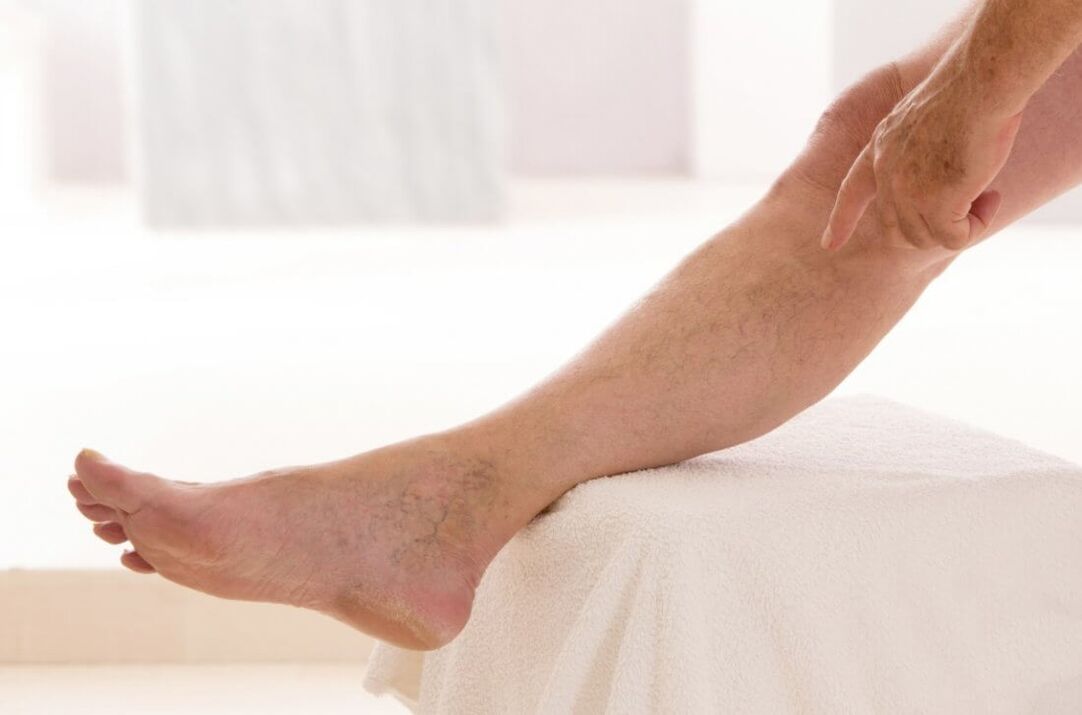Many adults are familiar with the symptoms of varicose veins. Notably, women suffer from the disease many times more often than men. Even occasional and irregular symptoms of leg discomfort cannot be ignored: varicose veins are not a fatal disease, but neglected cases are likely to cause disability and incapacity.

symptoms of disease
Varicose vein disease has obvious symptoms. Knowing the first symptoms of varicose veins will help track the onset of the disease and start treatment in time.
The main symptoms:
- Leg discomfort: A heavy, atypical warm or even burning, painful feeling.
- edema. Most of the time, they show up at night, especially if the legs are stressed before then - for example, after a workday when you have to use your feet, or after a trip from the store with a heavy package ready.
- Dilated veins. Violation of blood flow in the varicose veins causes blood to stagnate in the veins, and the veins themselves dilate and become more pronounced. It all starts with a network of blood vessels, then the veins swell and become easily accessible.
- Skin with varicose veins is often dry, which is not only unsightly, but can also cause itching.
In the early stages of varicose veins, a doctor's advice boils down to the complex effects on the affected veins. Treatment here means eliminating trauma as much as possible: provide yourself with comfortable shoes, and eliminate unnecessary heavy work if you work while sitting — taking time out every few hours for a little warm-up.
prevent varicose veins
If you take certain precautions, the symptoms of varicose veins may not bother you for long.
Paying attention to your own nutrition is one of the priorities of human health. Proper nutrition can allow you to shed excess pounds. After all, it increases the likelihood of impaired venous blood flow. In addition, alcohol, espresso, bacon, canned food, sweets, fried foods and other foods are not good for blood vessels and can also cause varicose veins.
Venotonic medication, which can be taken by mouth in tablet form, will help maintain the health of your veins. Venotonics can be produced in the form of ointments and creams, and applying them to the affected area regularly will help reduce the appearance of varicose veins.
The habit of resting your legs and washing them regularly with cold water is a great way to treat varicose veins. Taking a cold shower directly on the legs is no worse than snake venom.


















